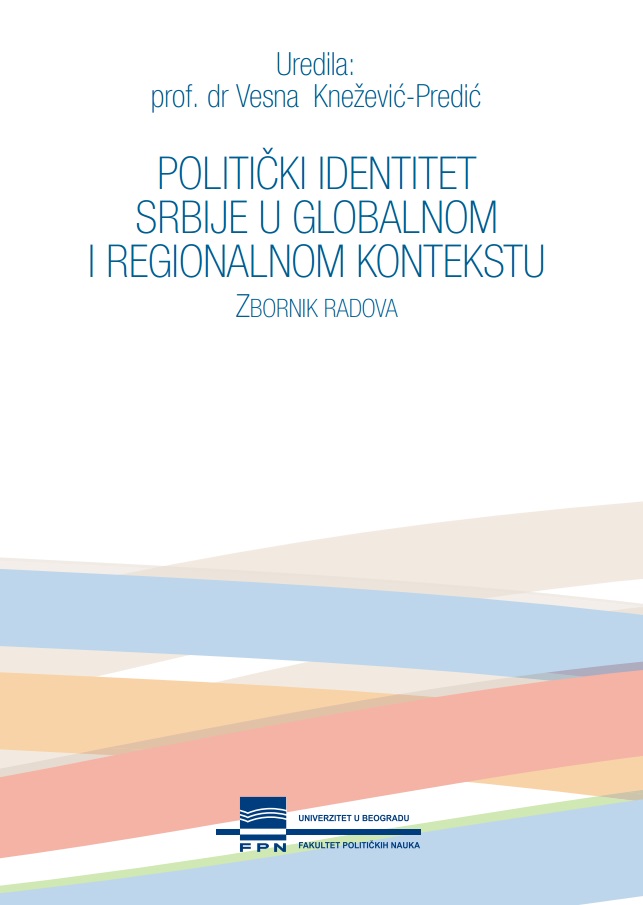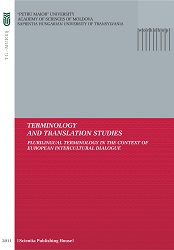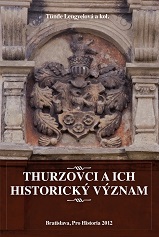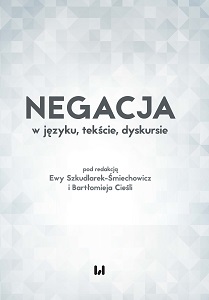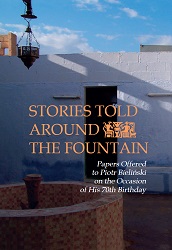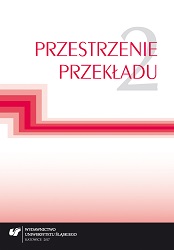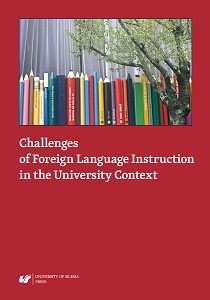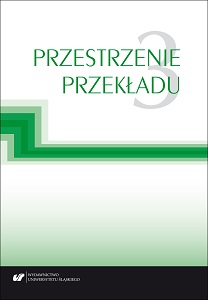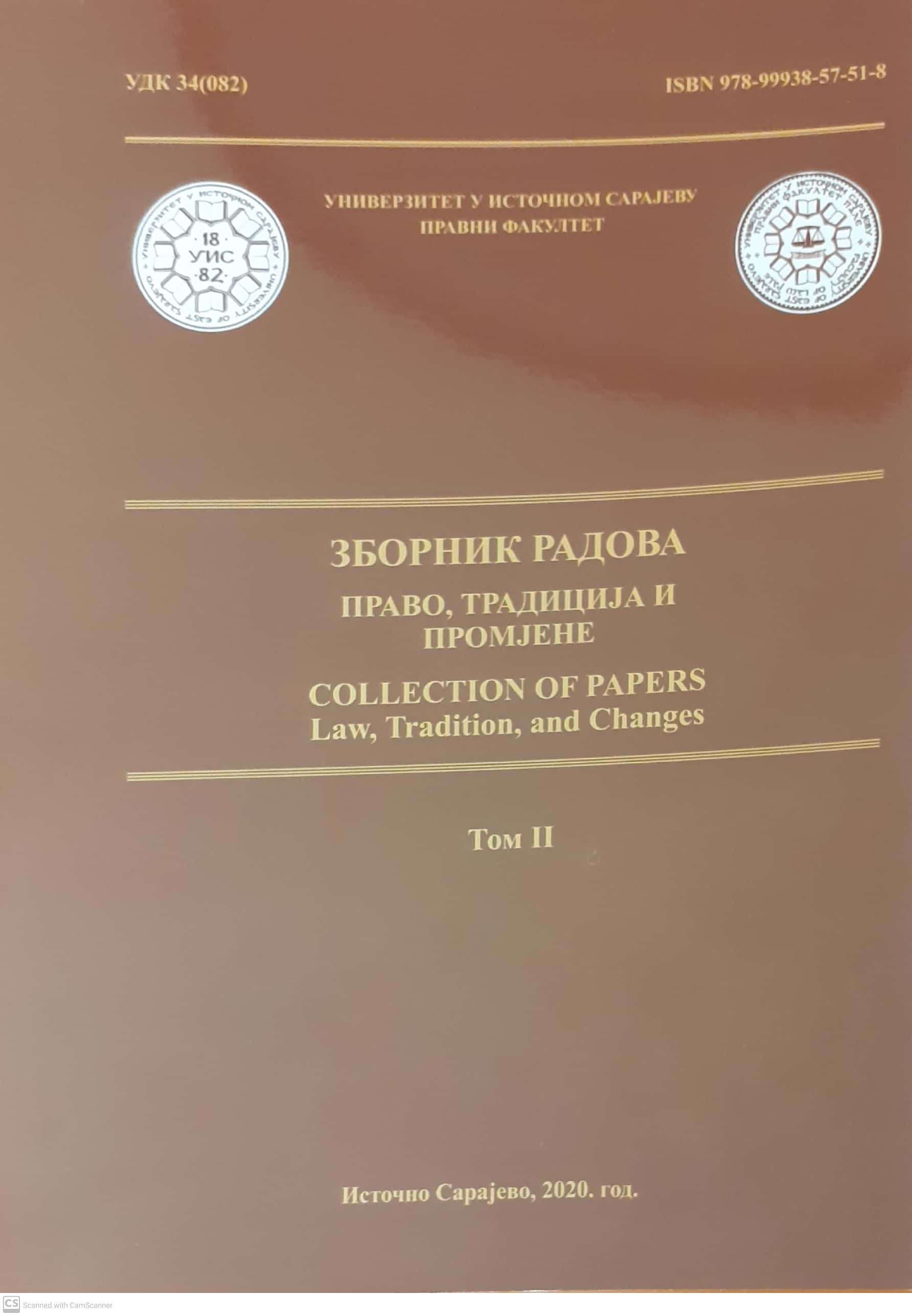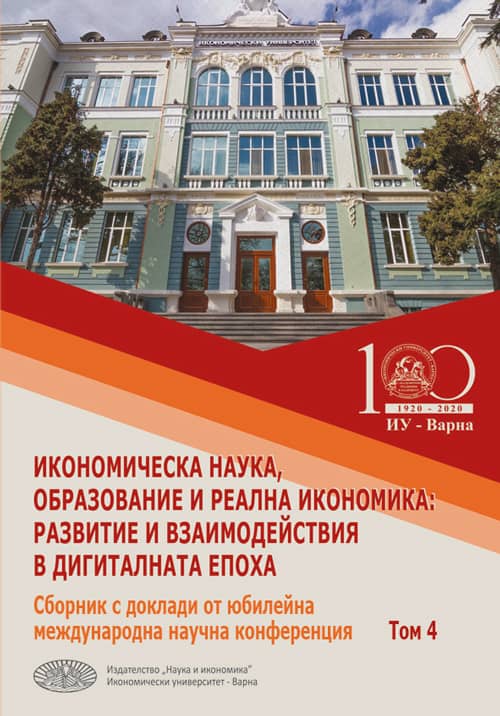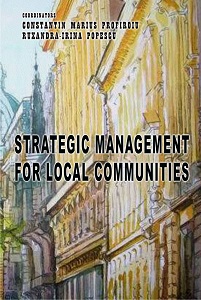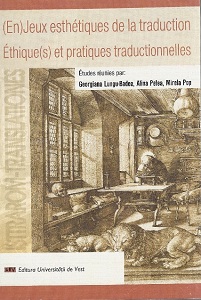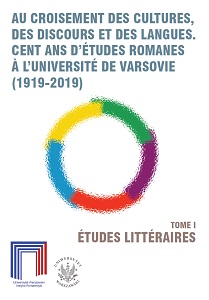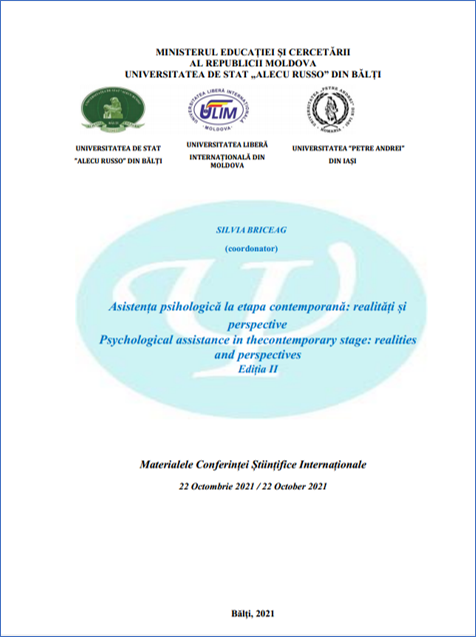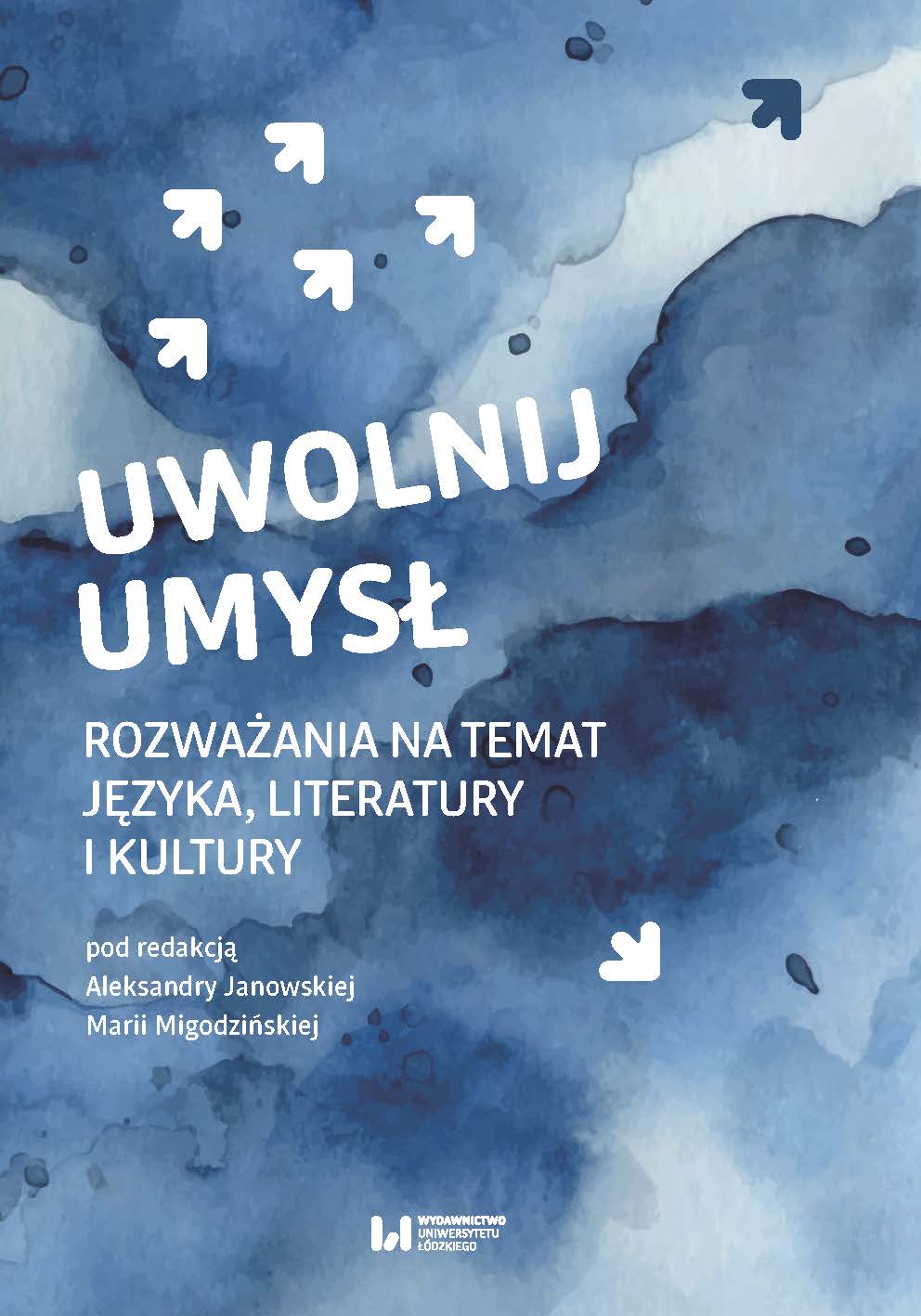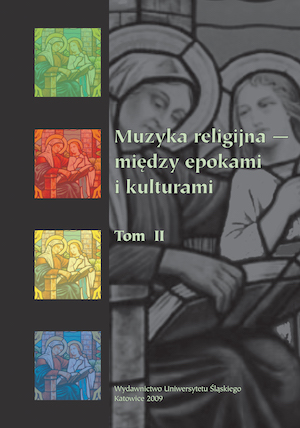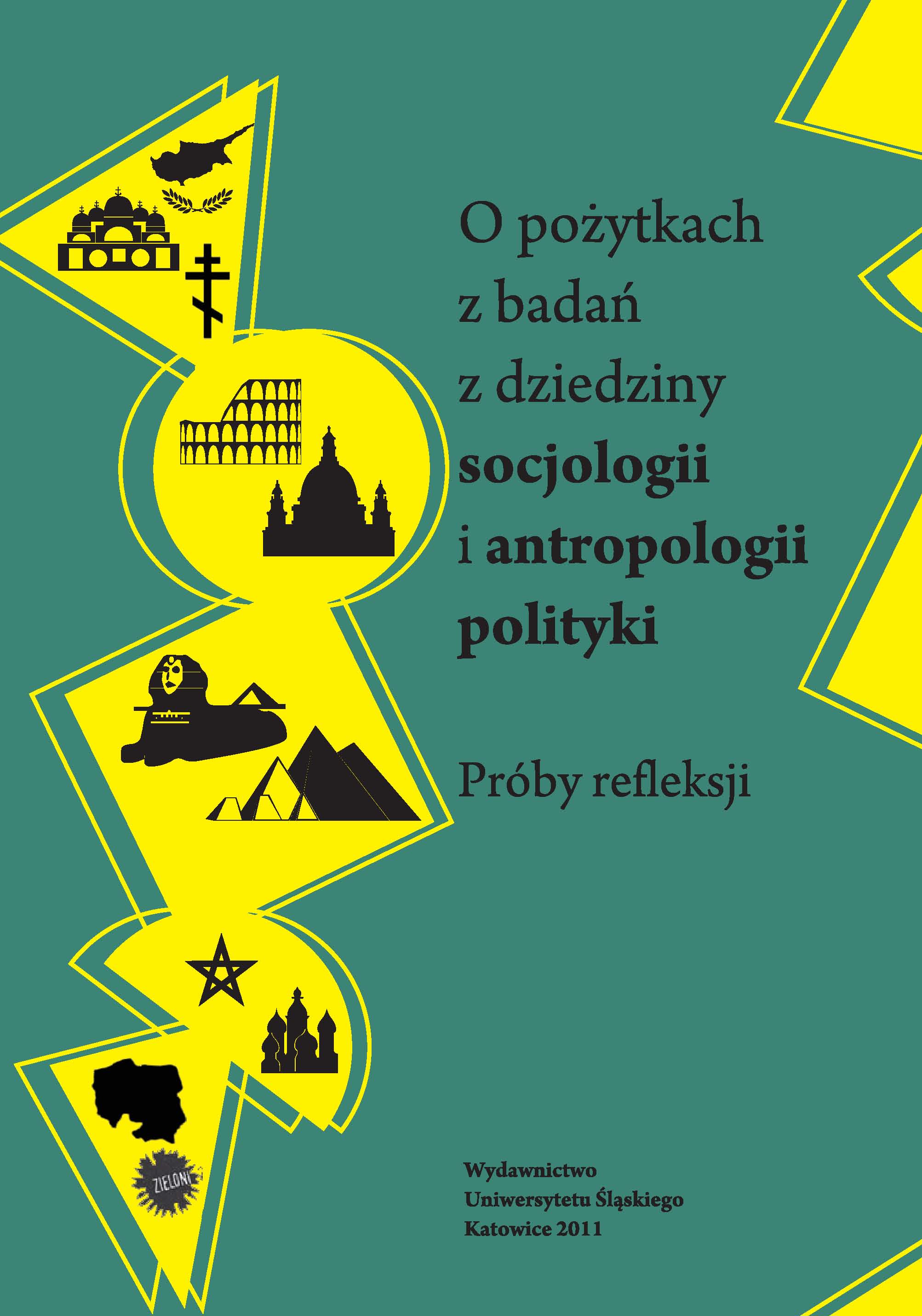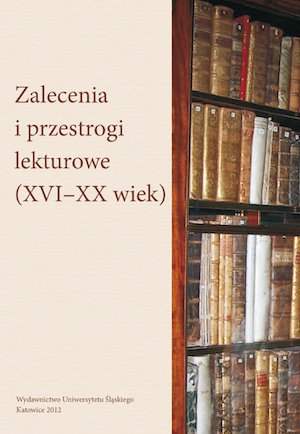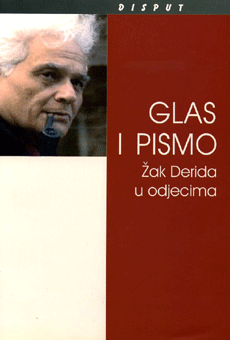
Philosophemes and Apories of Transitional Justice
Filozofeme i aporije tranzicione pravde
With a synergy between UN agencies, governments and global civil society sector that managed to build a number of international institutions of criminal justice in the 1990s and the challenges to this commitment in the 2000s, in this paper we ask about sustainability and viable mechanisms to support the work of international courts. Do we in present conditions have a general responsibility to support these institutions even as by-standers to distant conflicts, as opposed to specific responsibilities to our political communities that are protagonists in conflict? We address this question through an examination of Jacques Derrida’s texts that discuss transitional justice issues including the concepts of forgiveness, responsibility, cosmopolitanism and its relation to international institutions. The effort to create a new language of solidarity of global publics in support of international justice, as a sole mechanism securing sustainability of its institutions, following Derrida, will have to seek a significant role for the exercise of philosophy in this project.
More...
